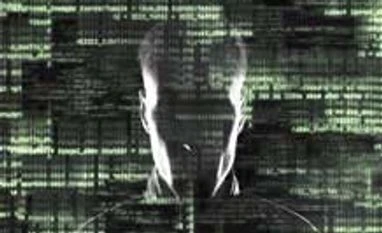Battle between Apple and FBI over iPhone encryption rages on in New York
After months of fighting, both sides are now deeply entrenched in their positions - arguments that have drawn other technology companies and government officials into an intensifying public debate over privacy
Bloomberg The tug-of-war between Apple and the FBI over encryption shows no signs of easing with the company standing fast in its refusal to help investigators in Brooklyn access a drug dealer's phone.
The government's argument that it needs Apple's help to extract the data is undercut by its revelation in California that it cracked a terrorist's phone without the tech giant's assistance, even though it was more secure, Apple said in court papers filed in Brooklyn on Friday.
After months of fighting, both sides are now deeply entrenched in their positions - arguments that have drawn other technology companies and government officials into an intensifying public debate over privacy. A day before Apple's latest filing, Microsoft took a stand in defence of its customers' data-protection rights, suing to overturn a US law requiring it to comply with data requests without telling its customers.
In the Brooklyn case, the US government is asking a federal judge to order Apple to help, after a magistrate judge rejected the prosecutors' request. Apple said the magistrate judge's ruling should stand.
"The government's failure to substantiate the need for Apple's assistance, alone, provides more than sufficient grounds to deny the government's application," Apple said in its filing.
The outcome of the case could influence what individuals can expect in terms of privacy, as well as how technology companies and law enforcement interact. The US has a week to respond to the Friday filing, and on Tuesday Apple General Counsel Bruce Sewell is set to testify at a Congressional hearing on encryption issues along with representatives from the FBI and the New York police department.
Justice Department spokeswoman Emily Pierce said in a statement Friday that the company had "changed course" in the Brooklyn case after initially agreeing to help the government. Apple had previously regularly complied with orders under the All Writs Act as well as demands to extract data from phones with older operating systems, she said.
"As we have made clear in our previous filings, Apple expressly agreed to assist the government in accessing the data on this iPhone - as it has at least 70 times before in similar circumstances," she said. "Apple has said it would take them only a few hours to open this kind of phone, because they already have a mechanism that would allow them to do so."
Apple said in its filing that the government has failed to disclose whether it even tried to use the third-party's method on the drug dealer's phone, and has otherwise "made no showing that it has exhausted alternative means for extracting data from the iPhone at issue here".
The company also disputed what it described as the government's "sweeping interpretation of the All Writs Act". The far-reaching law, originally passed in 1789, gives courts authority to make rulings necessary to enforce other lawful orders, such as warrants. Apple has argued that the law shouldn't be used to force it to hack through its encryption at the government's behest.
Apple argued it's Congress's responsibility to define what technology companies must do to aid investigators.
)
